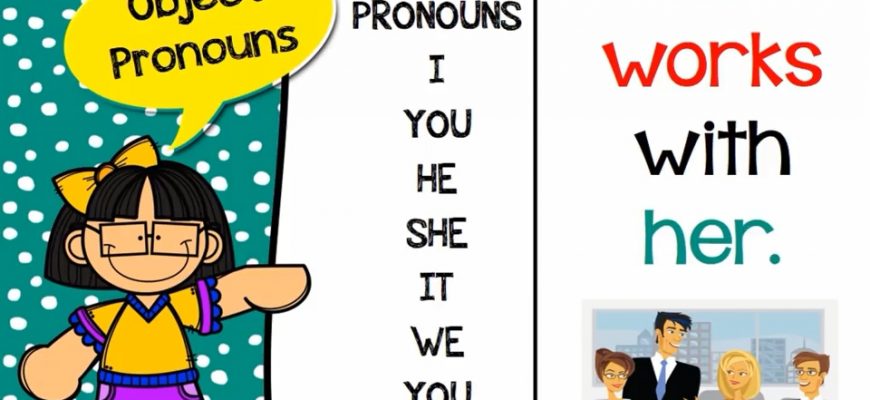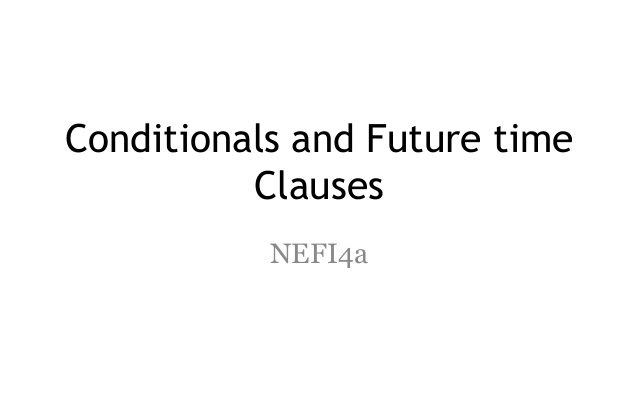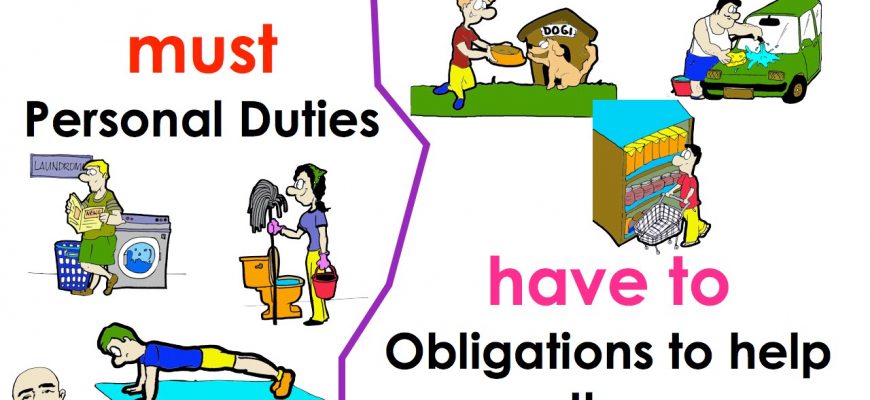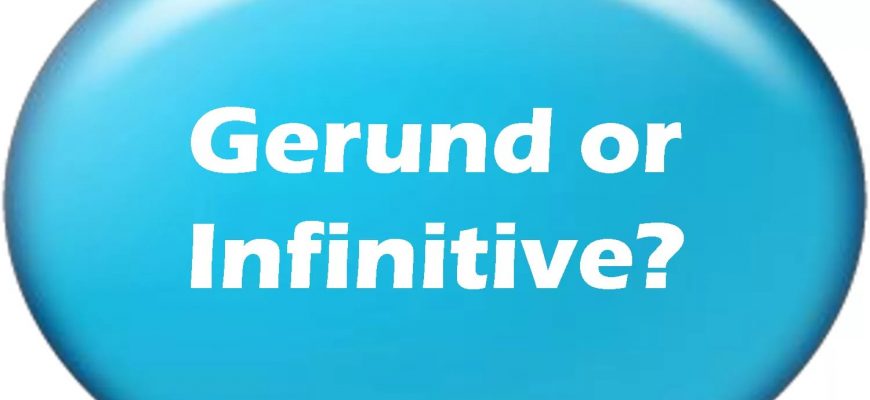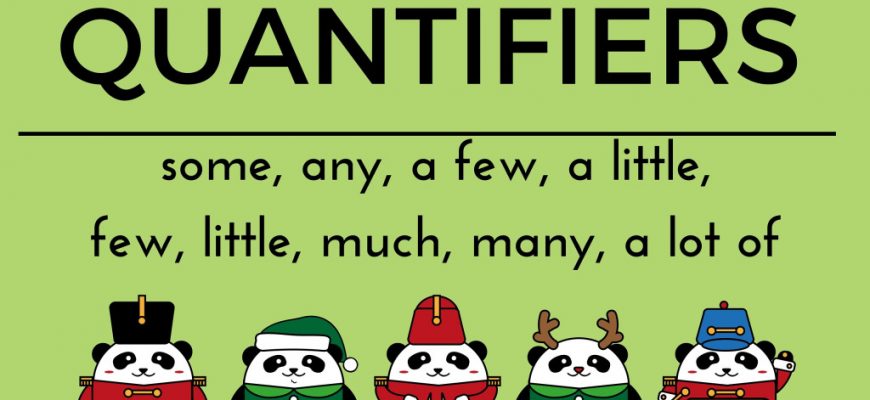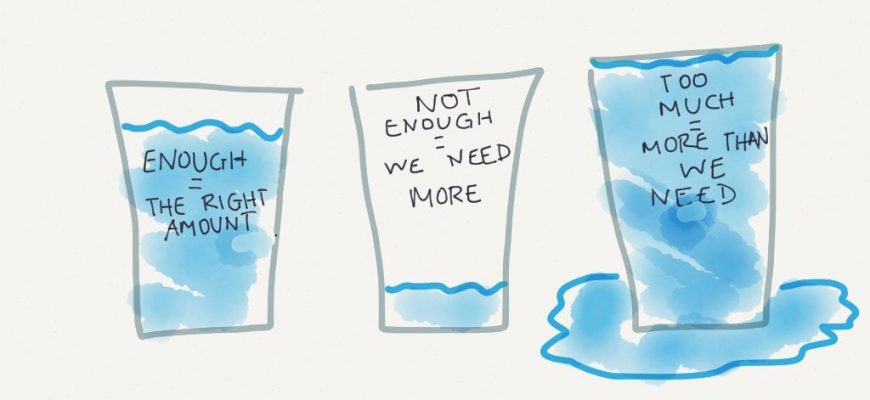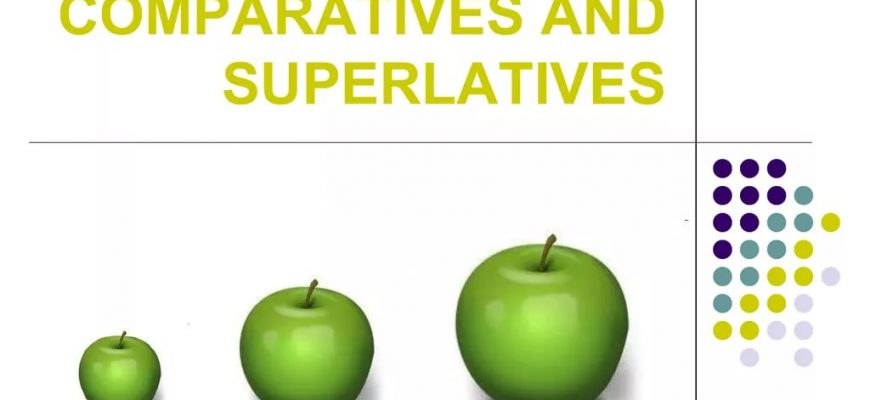Grammar
Pronouns include subject pronouns, object pronouns, and possessive pronouns. These are used to replace nouns in sentences. It is also important to learn possessive
First conditional if clause and main clause All conditional sentences have two parts: the ifclause and the main clause. It doesn’t matter which clause
The same form for all persons The form of should is the same for all persons: I/you/he/she/it/we/you/they should see a specialist.
must/mustn’t Use must + infinitive without to Must is a modal verb, and modal verbs are followed by infinitive without
go + -ing We use go + -ing verb for many sports, and also some other activities like shopping, dancing, clubbing, etc. I want to go shopping this afternoon.
Verb + to-infinitive Some verbs can be followed only by a ‘to’-infinitive: Some verbs with this pattern: verbs of thinking and feeling: decide, expect
most We use most (without the/this/that/my/etc.) with nouns to mean ‘the majority of’ something. Most people can’t work from home. (NOT most of people)
A lot of vs. Lots of A lot of and lots of are used to express that there is a large quantity of something. We use a lot of in positive sentences, negative
Sometimes there are too many rules to follow in English. Sometimes learning a language can feel like too much work, especially when you don’
Comparative and superlative adjectives Comparative adjectives Two things We use the comparative form of an adjective to compare two things.
